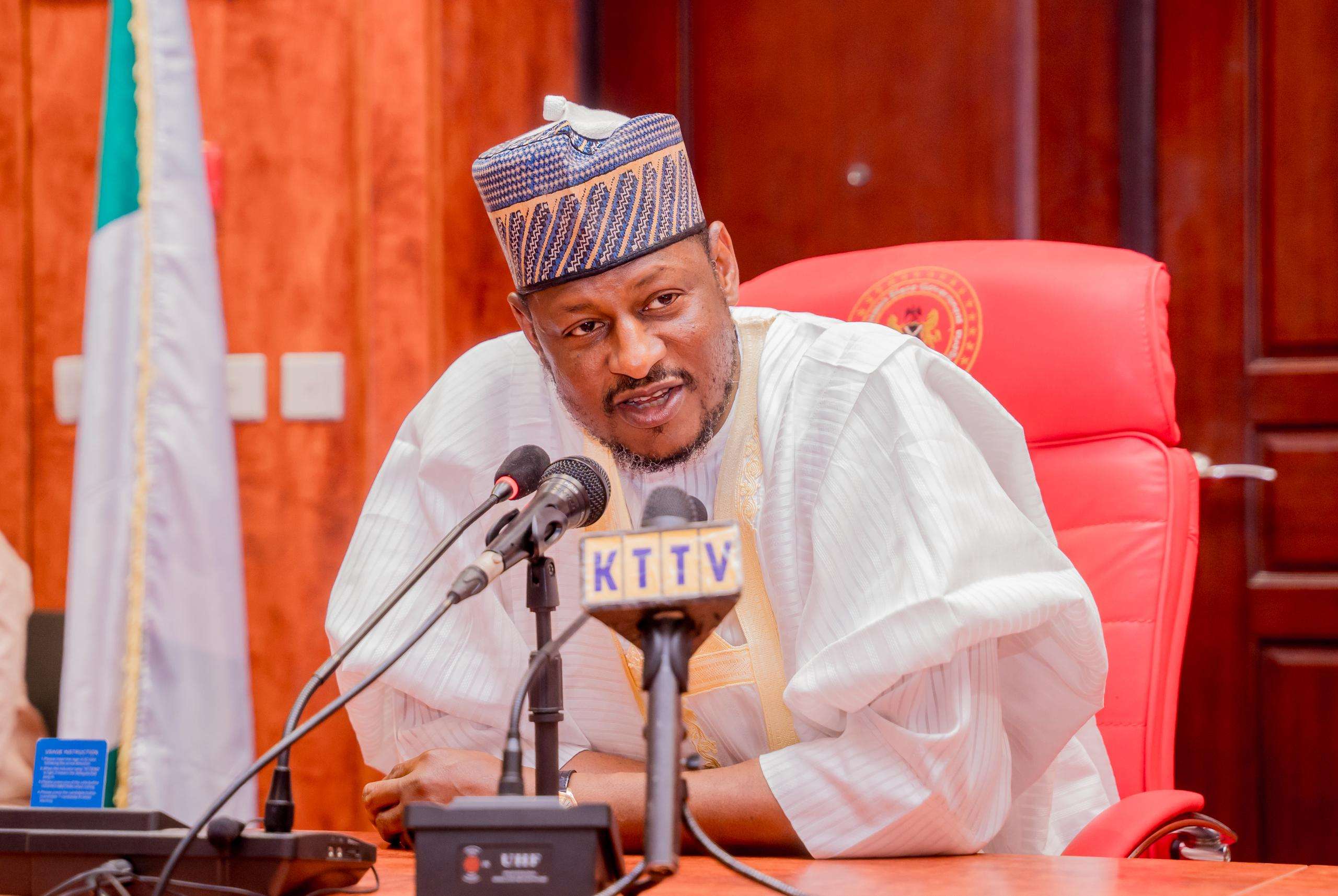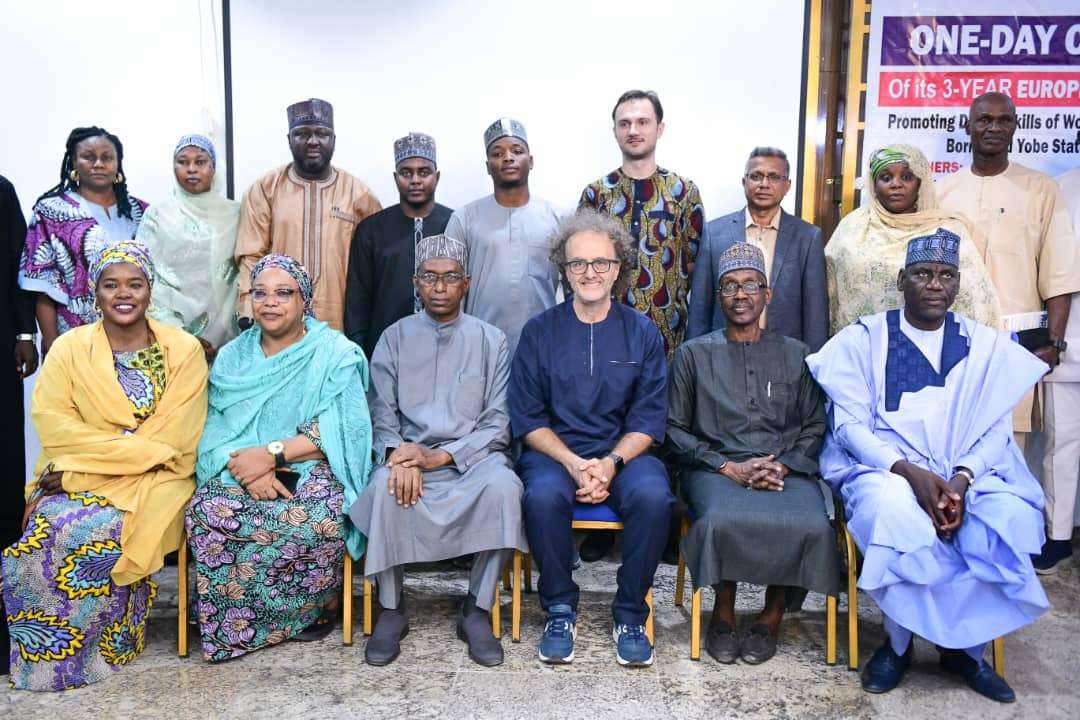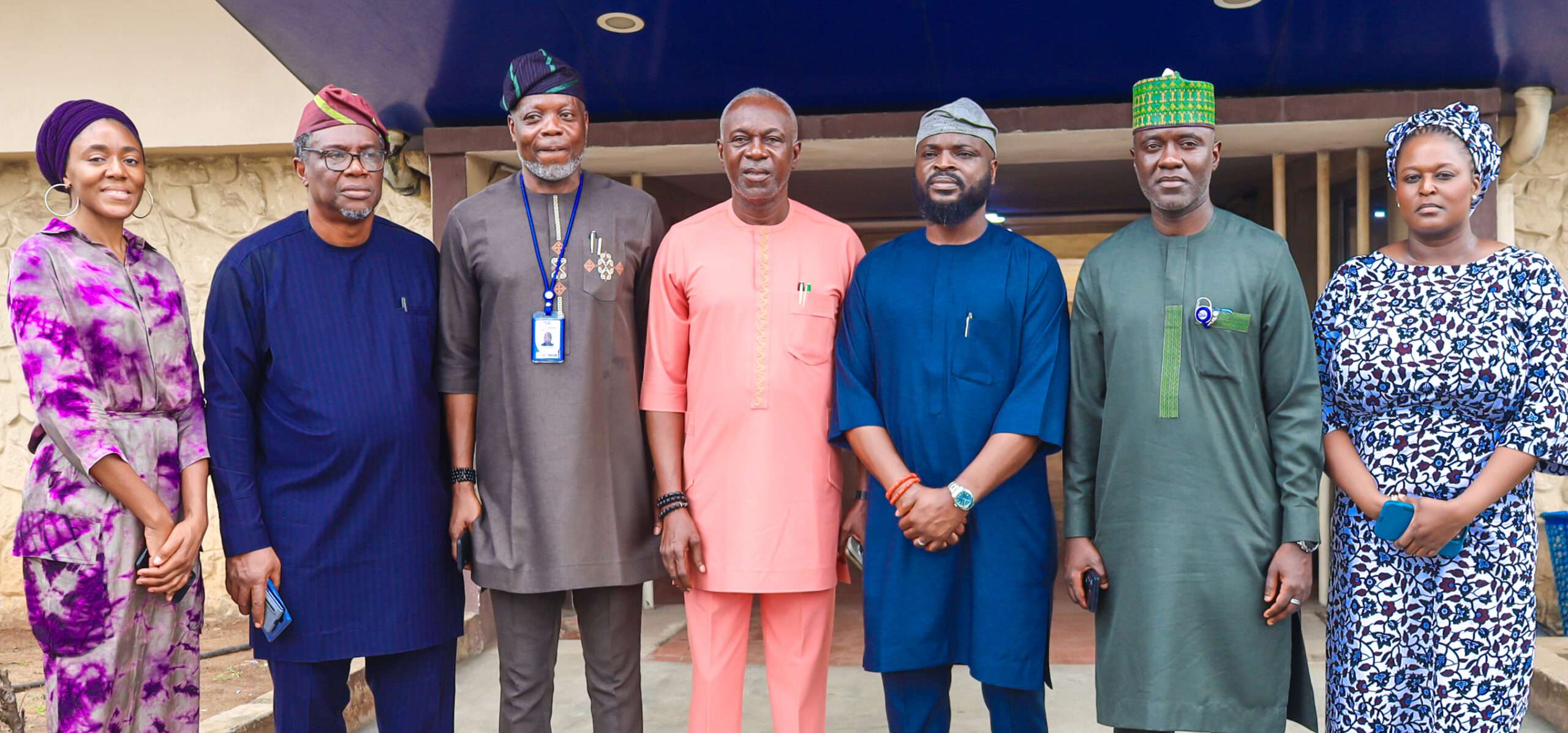The Joint Health Workers Unions (JOHESU), has warned the federal government against any attempt to use the new National Industry Relations policy to criminalise strikes actions or suppress trade union activities in the country.
National Chairman Ado Minjibir and National Secretary, Martins Egbanubi in a statement they jointly signed expressed worry that the policy which should focus on rules of engagements and adherence to international best practices as far as industrial relations was concerned, seems to be targeted at workers and trade unions.
While rejecting a statement credited to the Minister of Information and National Orientation (NOA) Mohammed Idris after the Federal Executive Council (FEC) meeting of 31st July, 2025 on the new National Industrial Relations policy, the unions accused government of serially blackmailing organised labour.
The statement partly reads: “The statement negates the fundamental right of workers to freedom of association and right to strike-contained in the International Labour Organisation Convention 87 adopted in 1948 of which Nigeria is a signatory and had since been domesticated.
“JOHESU is particularly worried that the Policy is targeted according to the Minister on workers and their trade union organisations rather than looking at the holistic industrial relations system and the social partners’ standard rules of engagements and adherence to international best practices.
“It is rather unfortunate that the organised labour is serially been blackmail by the ruling class as being.responsible for industrial actions, whereas on the contrary: most if not all trade disputes and strikes are caused by the Government and or employers who perennially violate Collective Bargaining Agreements (CBAs), Memorandum of Understanding (MoU), court judgements, etc.
“While JOHESU is not averse to having a robust National Industrial Relations Policy in Nigeria, we however call on the Federal Government to subject the Policy to further tripartite partners’ scrutiny and inputs when going through legislative processes at the National Assembly.
“JOHESU urges Government to activate and strengthen the National Advisory Council (NLAC) for effective and sustainable tripartite engage ensuring best practices in labour administration and adherence to international labour standards and extant labour laws in Nigeria.”
Meanwhile the Federal government has assured that the new National Industrial Relations Policy (NIRP) 2025, recently approved by the Federal Executive Council (FEC), would bring numerous benefits to Nigeria, such as improved industrial harmony, enhanced productivity, and protection of workers’ rights.
Minister of Labour and Employment, Muhammad Dingyadi noted that the policy was the culmination of several engagements of Government, represented by Federal Ministry of Labour and Employment, organised labour, represented by the Nigeria Labour Congress (NLC) and Trade Union Congress (TUC), and employers, represented by the Nigeria Employers Consultative Association (NECA).
According to Dingyadi, these engagements spanned nearly seven years, and the final draft of the NIPR policy was validated by the stakeholders in December 2024.
He highlighted the benefits of the policy to Nigeria, including improved industrial harmony by reducing industrial disputes and promoting stable labour relations nationwide, leading to more predictable, peaceful, and structured labour relations across sectors.
The Minister explained that by ensuring smooth workplace operations and strengthening tripartite cooperation between government, employers, and workers, the policy is projected to boost productivity and strengthen investor confidence in Nigeria’s labour environment.
He expressed high optimism that the policy will align Nigeria’s industrial relations practices with global benchmarks, particularly those of the International Labour Organization (ILO), making the country more competitive and attractive to domestic and foreign investments.
Speaking further, Dingyadi posited that the policy would lead to enhanced social dialogue, since it emphasises the importance of social dialogue in resolving conflicts and building consensus among stakeholders, including regular consultations and negotiations between government, employers, and trade unions.
He said: “The NIRP ensures the protection of workers’ rights, including fair wages, safe working conditions, and the right to collective bargaining, while also addressing issues like gender equality and non-discrimination.
The Minister stated that the policy would serve as a reference point for labour laws, union engagement, and conflict resolution in both public and private sectors, promoting more effective labour relations.








